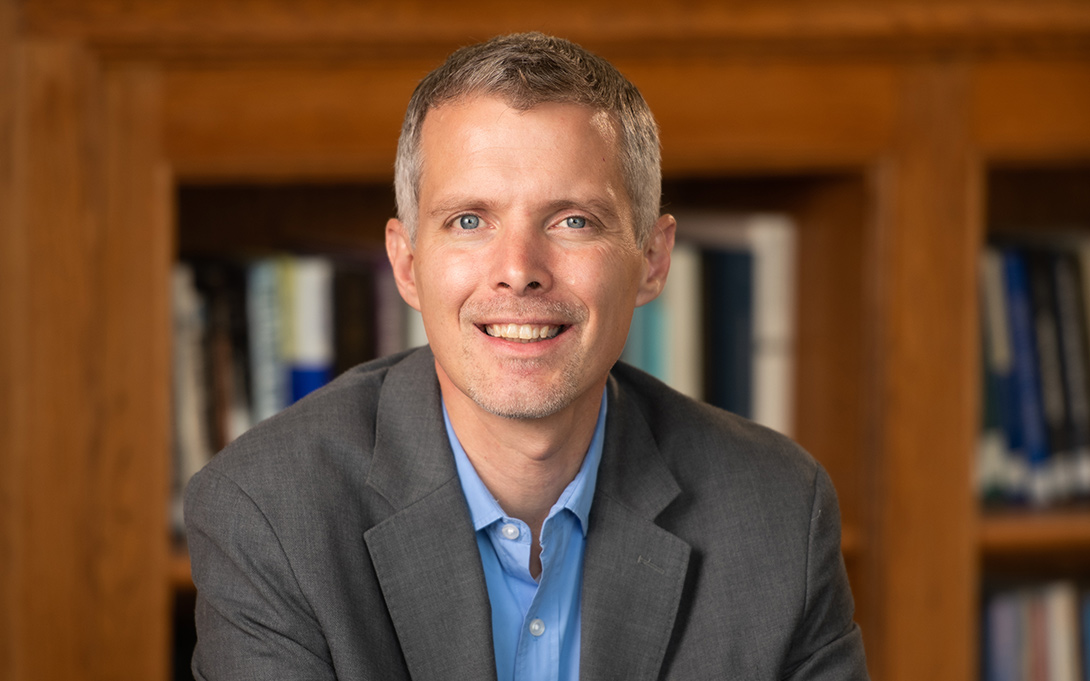
Attention on government safety net programs and their effects on overall poverty has increased in the run-up to the midterm elections. Associate dean Luke Shaefer, who is also director of Poverty Solutions, has recently appeared in the media examining the topic.
“What we find is that families with children are the most likely to report that they’re having trouble putting food on the table, the most likely to report that they’re having trouble paying their rent or utilities," Shaefer told NPR. "When we look at these direct measures of well-being, it’s families with kids who have the biggest challenges.”
On the Washington Journal, he discussed the decisions the United States could make right now to help those families out.
"I believe that we’re at a crossroads. What we learned is that we can have a much stronger safety net, we can cause child poverty to plummet, and we can cause overall poverty to plummet," he said. "And also, we’ve had many many months of strong job growth. So we can finally see that we had a set of safety net measures in place that didn’t inhibit work. And right now, we’re set to go back to the way things were. We’re going to see a big increase in poverty across the board next year. And what’s happening right now, we can start to see it in the data as these government safety net provisions have dried up."
